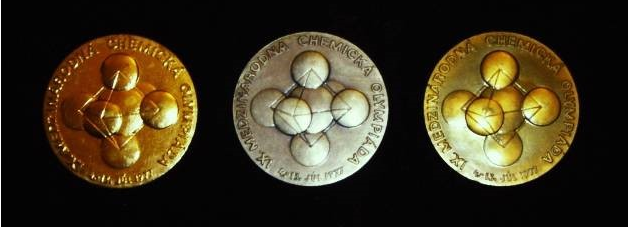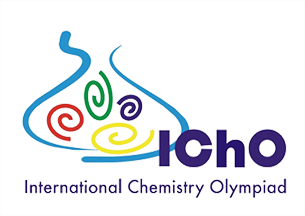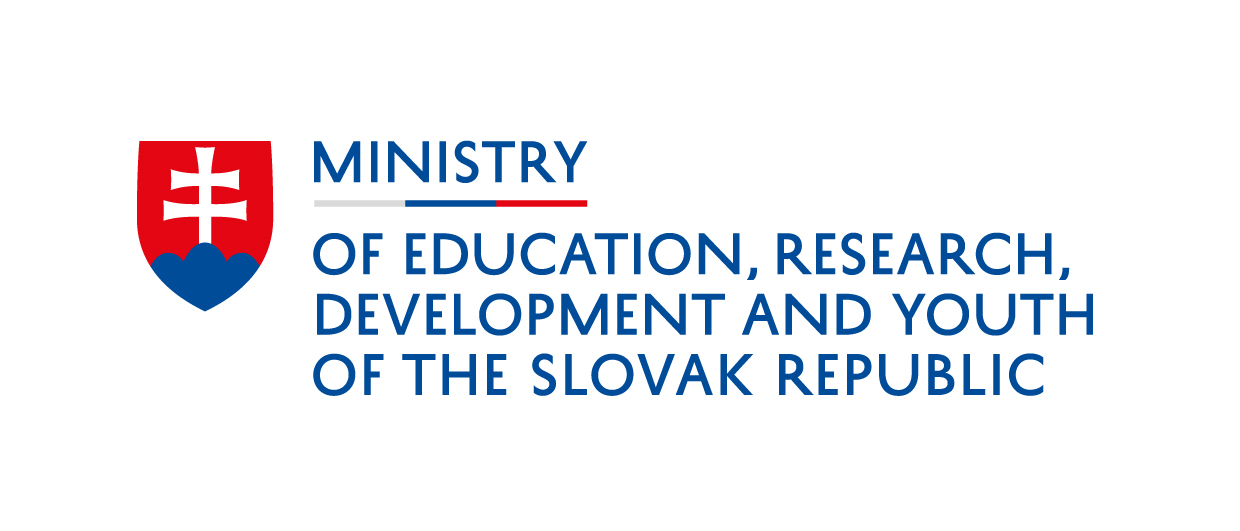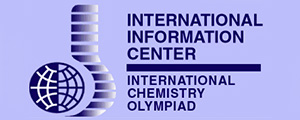Prizes and medals in the IChO
In the first year of the competition the first three best participants were given prizes (diplomas). The first one gained 61 points (maximum).
In the next year 1969 the maximum was already 100 points. There was a curiosity since three winners achieved the same score: 49 points. Only the results of particular pupils were published and it was definitely concluded not to publish the total results of the particular countries also in the future since it might have bad consequences and an unhealthy rivalry among the participating countries could arise.
Already in the year 1970 more than first three winners were given prizes. In the year 1973 it was definitively accepted not to award only the first three winners but more, proportionally to the number of participants (about three first places, three second places and three third places). In 1977 the International Jury decided to award according to the list of results the first 10 % of winners by gold medals, the next 20 % by silver medals and finally the next 30 % by bronze medals. This system of awarding medals is applied also nowadays, but some limits were introduced as follows: the first 10 to 12 % of the best competitors are awarded by gold medals, silver medals next 20 to 22 %, and finally bronze medals next 30 to 32 % of competitors.
A curious situation occurred in the years 1972 – 1976 when it was proclaimed that the winners gained gold, silver and bronze medals but in fact they received diplomas where it was only declared. The situation changed definitely in the year 1977 (9th IChO, Bratislava) when the first real medals were given to the winners of the IChO. The photos of the medals are shown in the following three pictures.
 Fig. 1: The first gold medal in the era of the IChO
Fig. 1: The first gold medal in the era of the IChO

Fig. 2: Collection of medals in the 9th IChO, 1977 (from left to right: gold, silver, and bronze)
Compiled and edited by A. Sirota (IChO Intern. Information Centre)


